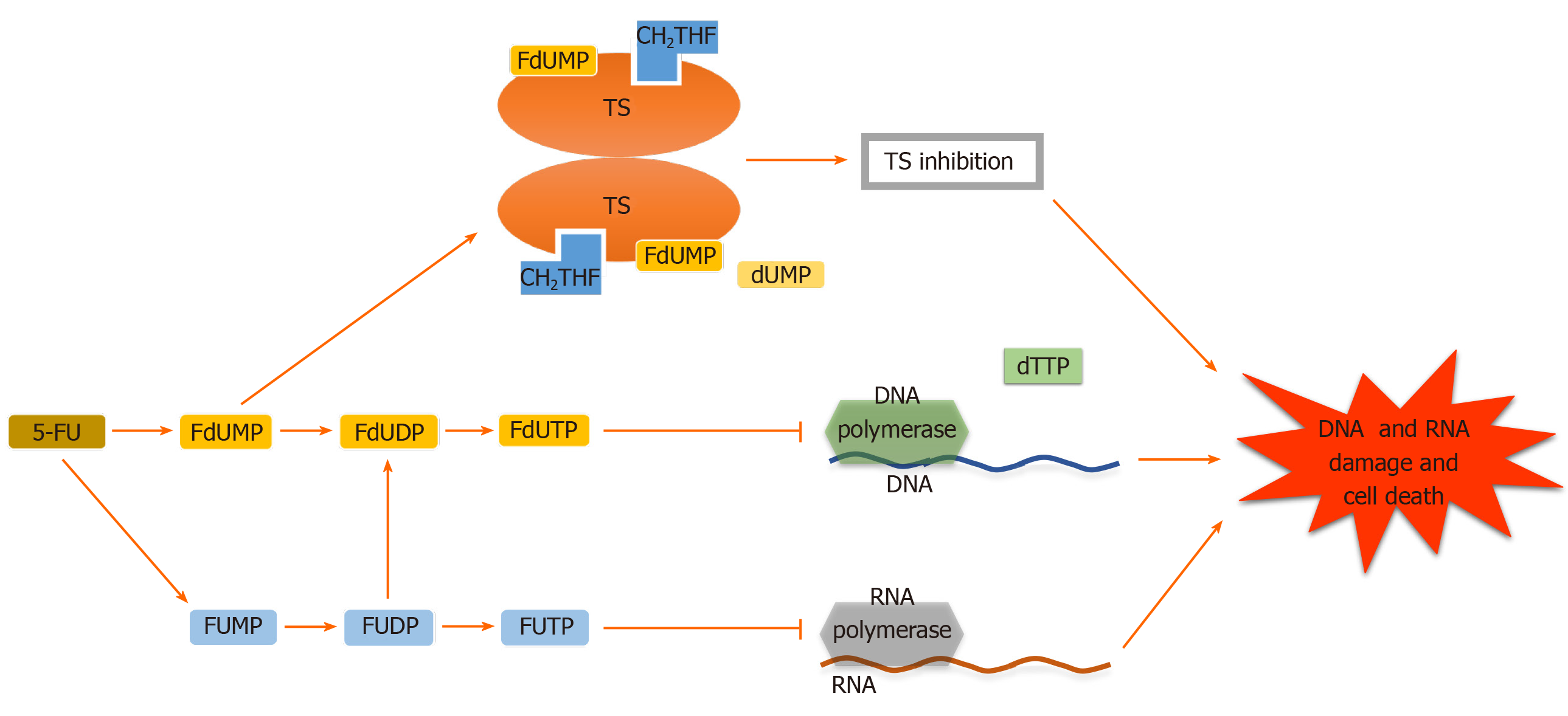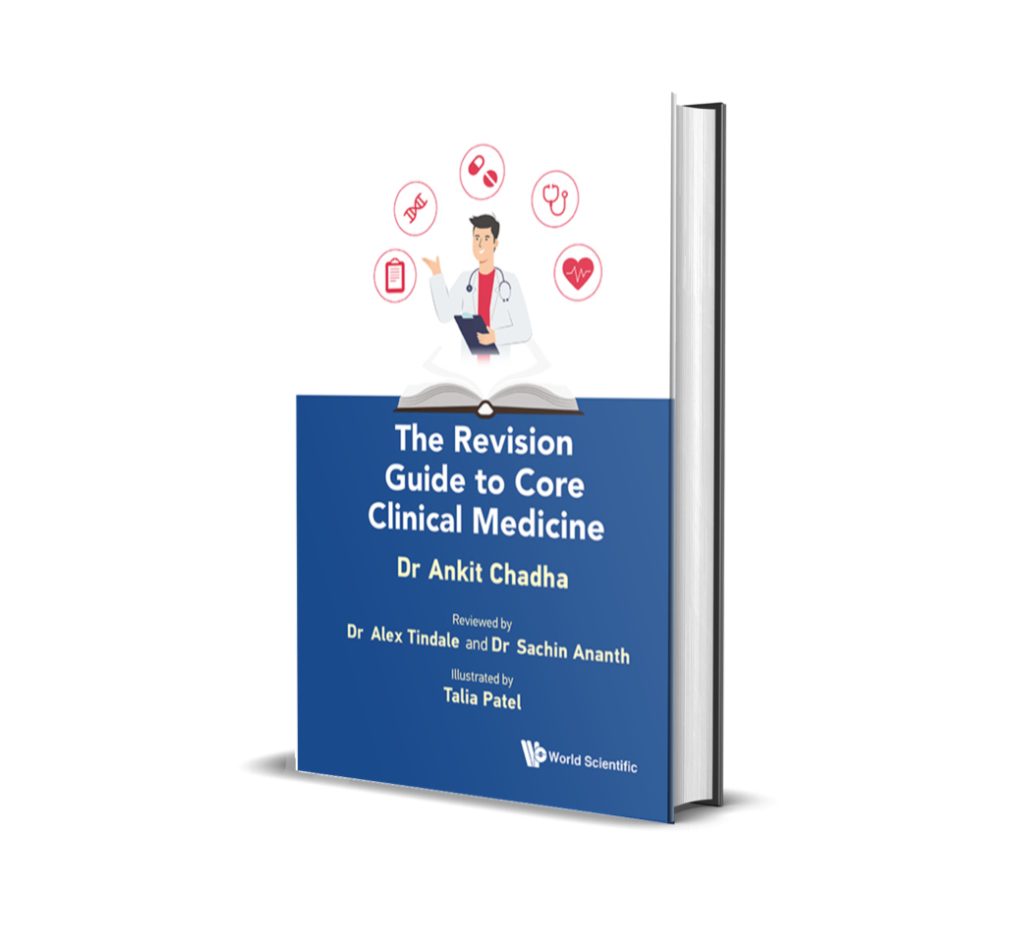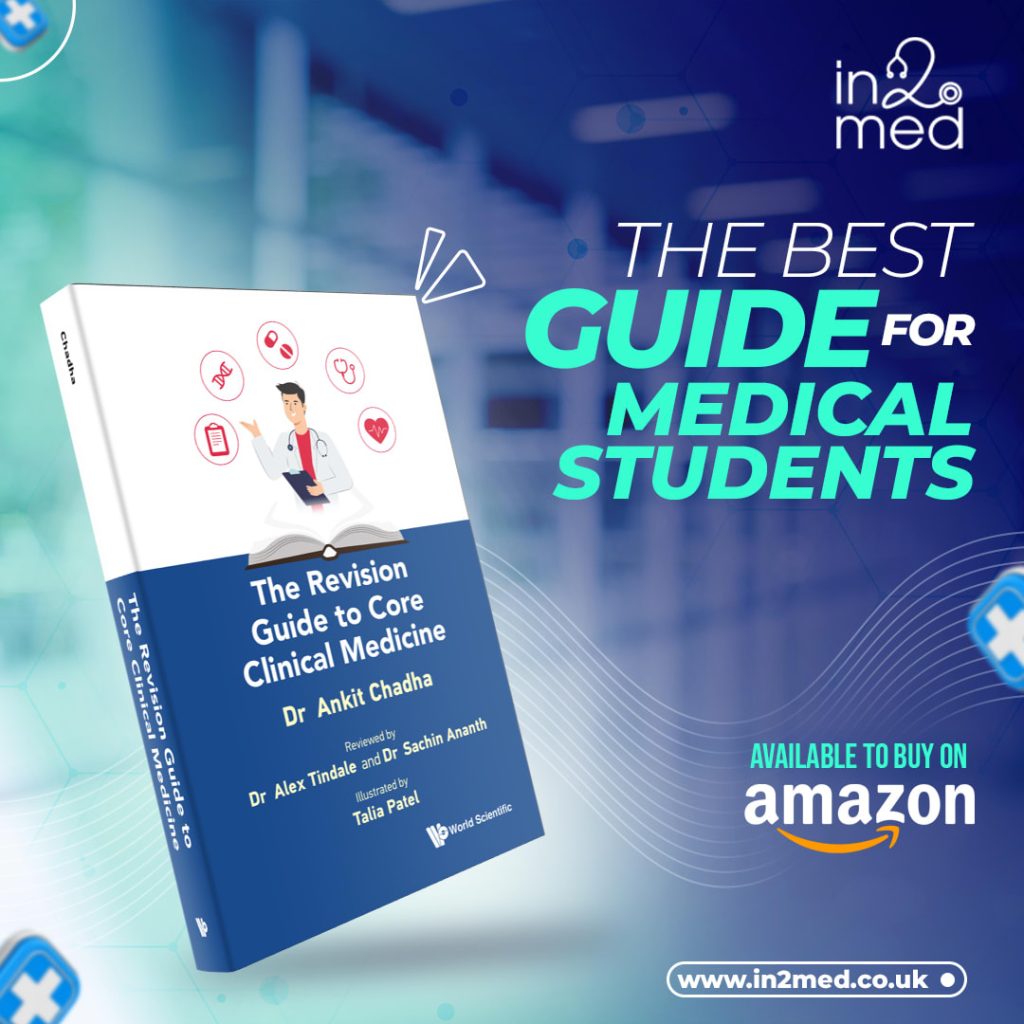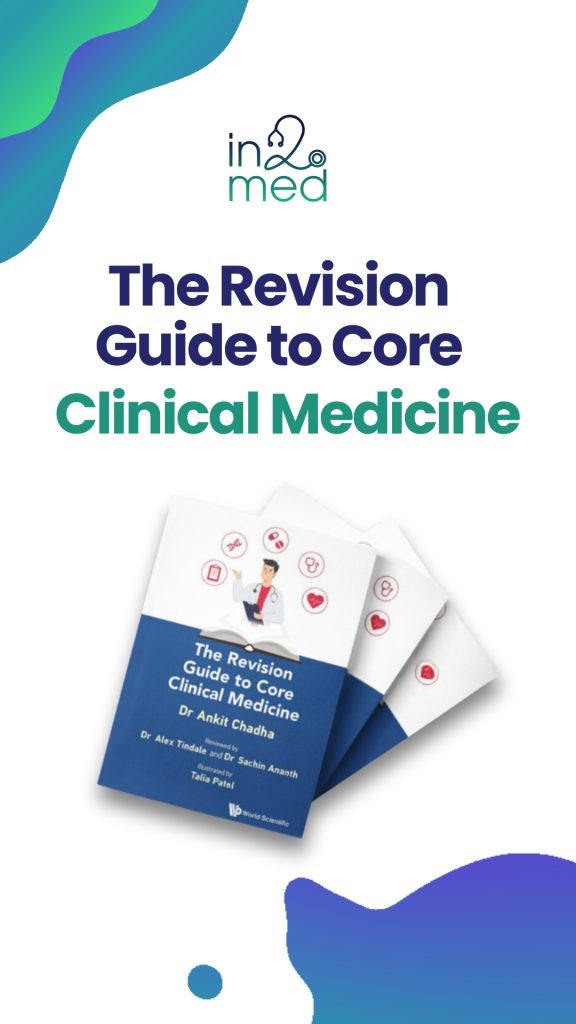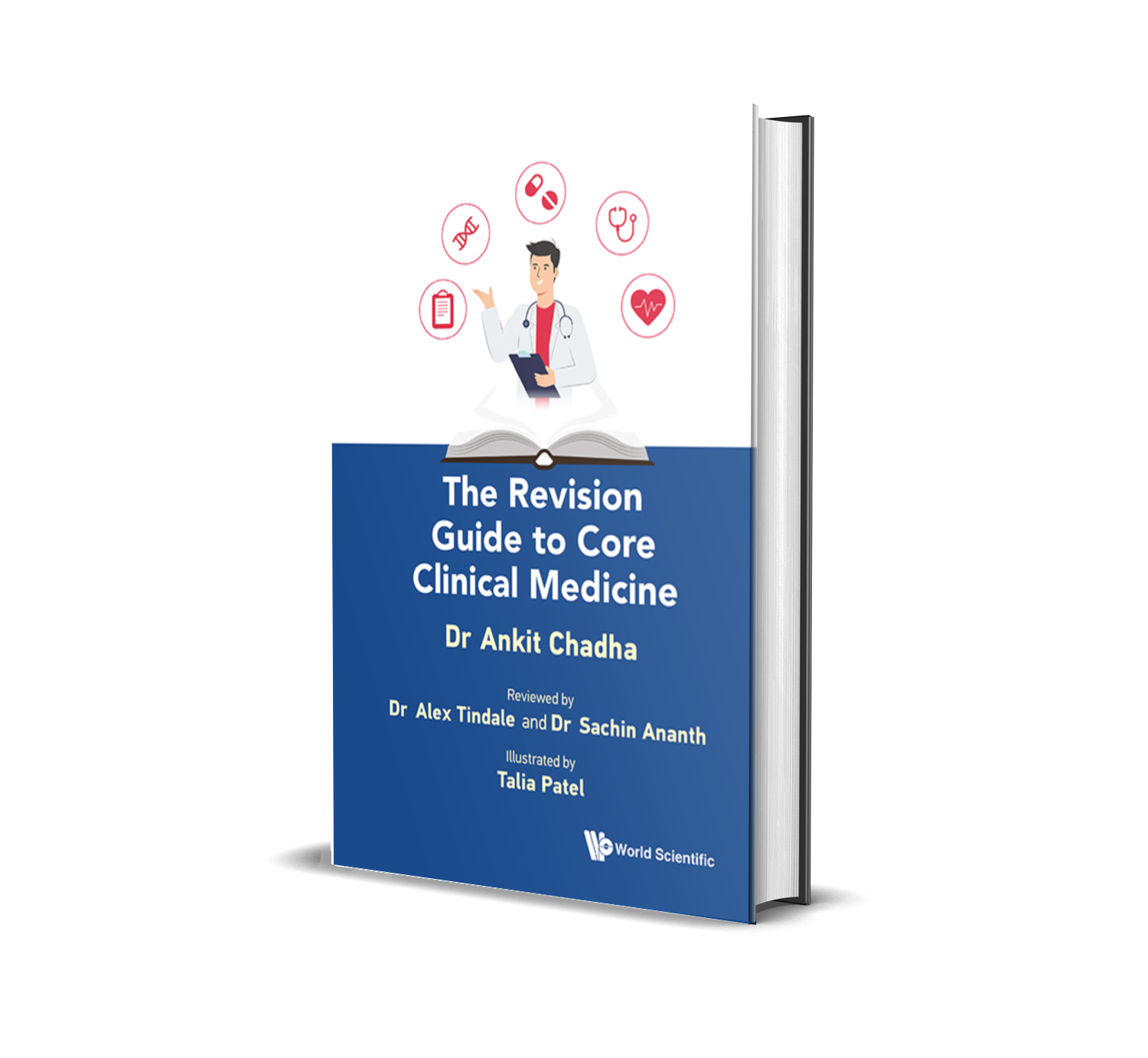Coping strategies for night shifts
Dear Friend,
Hope you all had a lovely week. I just got back after 2 weeks away in Vietnam and Hong Kong – I must admit, the 14 hour flight back is a bit of a killer. From tomorrow, I will be starting a run of 4 night shifts working on the acute medical take. I think night shifts are arguably the toughest part of the job. Being a doctor can be challenging at the best of times, but trying to interpret blood results and making diagnoses at 4am in the morning on just a few hours sleep is a completely different experience. Most night shifts start around 9pm. Not only are they overnight, but they are typically longer than your standard day shift, around 12 or 13 hours in total.
That’s why, this week, I wanted to share with you my strategy of how I cope with night shifts. All doctors will have their own coping mechanisms for night shifts, but this is the strategy that I have developed after working as a doctor for the past 2 and a half years. This week, I will also find out whether 8 hours time difference of jet lag helps adjust to nights, or makes it even more difficult.

Before night 1
My strategy of adjusting to night shifts involves switching my sleep schedule in advance of the first night shift. I know some doctors who basically live their life as usual, and then attempt to stay awake for 24 hours on the first day. However, when I tried this, by about 3am, I felt awful.
Therefore, the day before my first night shift, I will typically try to stay awake as late as possible. Ideally, this will be to around 3am, but anything after 1am is acceptable. The way I do this is by arranging a social activity in the evening. Then at midnight, I will usually put on a film – I’m quite tempted to rewatch Mamma Mia tonight.
Before Night Shift 1 – The 4pm nap
On the day of the first night shift, having slept at 3am the night before, I will hope to have a lie in till around 11am. This might be difficult as your body clock may naturally wake you up around 8 or 9am. The key is to not go on your phone when you wake up. The moment you see that bright screen or open your instagram you’ve lost the battle. Even lying in bed in darkness resting will help conserve energy.
At 11am, I will then get out of bed and ready for the day. I’ll usually make myself brunch and do some errands, but nothing too taxing. The key moment of the day is the mid-afternoon nap around 4pm. If you can get in 2 hours in the afternoon, this will give you the key energy boost for the night.
I’ll then get up and eat dinner around 7pm followed by a shower before I head to work. You should then have enough energy to make it through night 1.
Nights 2 and 3
The moment you finish your first night shift, it is a bit paradoxical as I usually find that I am quite energetic. I have come to realise that this is just a momentary adrenaline high of finishing work and the moment I get home, this fades very quickly.
After completing the night shift, I come back home and eat what I would for breakfast. I will then try and sleep for as long as possible – you are lucky if you can 6 hours or more. Try and keep the room as dark as possible, even small gaps in the blinds can let in a lot of light. And make sure you tell your family/house mates in advance not to make noise.
I’ll then wake up around 5.30pm and repeat the process from the first night. Dinner around 7pm and then a shower before work. During the night shifts, I’ll have lunch around 2/3am (which will be the 3rd meal in 24 hours).
Final night – switching the sleep schedule back
When you go into work on your final night shift, you may experience a small buzz. That is because you know you are almost at the end. And my favourite moment is when the sun rises on the final shift around 4.30am – I feel like my watch is coming to an end shortly.
When you get home after your last night shift, you feel jet-lagged. It’s a strange feeling, like you have come off a long night flight, but without actually going on holiday. You will want to reverse your sleep schedule back to normal as soon as possible, so you can meet friends and do fun things – basically everything that has been on hold during your week of night shifts.
Therefore, I try and sleep for around 4 hours. I set an alarm for about 2.30pm, forcing myself to wake up. I will then have a shower and get ready. I will have made sure I make a social plan on this evening in advance to give myself the motivation to stay awake. Once you meet your friends, your adrenaline rush will take over and get you through the evening. You should then find it easier to crash out and wake up normal the day after, having reversed your sleep schedule.
Summary
Every doctor does night shifts differently, and you will eventually discover the strategy that works for you. Night shifts are hard and some doctors find them easier than others. Please take care of yourself: night shifts not only affect your sleep, but also your eating habits, they can be lonely as you don’t speak to family/friends and take extra care when commuting to work. Driving after a night shift has been shown to be similar to driving after a few drinks.
I hope you found my strategy of coping with night shifts useful. See you next week!
Drug of the week
5-Fluorouracil
This is a pyrimidine analogue which inhibits the thymidylate synthetase enzyme
Stops the production of thymine which is needed to synthesis DNA, so during mitosis cell apoptoses
Classically used in treatment of colorectal cancer with leucovorin to protect normal cells
A Brain Teaser
A parent brings their 2-week-old boy, who was diagnosed prenatally with Down’s syndrome to hospital. He has been feeding poorly and is constipated.
On examination, his abdomen is distended.
A biopsy of the colon shows the absence of ganglion cells in the submucosa.
What is the initial management for this condition?
A: Conservative management with monitoring
B: High dose steroids
C: Surgery
D: Medical management with laxatives
E: Rectal washouts/bowel irrigation
Answers
The answer is E – rectal washout/bowel irrigation
Absence of ganglion cells in the submucosa is diagnostic for Hirschprung’s disease. Serial rectal irrigation should be performed before surgery to help prevent enterocolitis.
Conservative management is not in keeping with current guidelines.
There is no role for high dose steroids in this scenario.
While surgery is the definitive treatment, serial rectal irrigation should be performed before surgery to help prevent enterocolitis.
In the setting of Hirschprung’s disease, medical management with laxatives is not appropriate.

